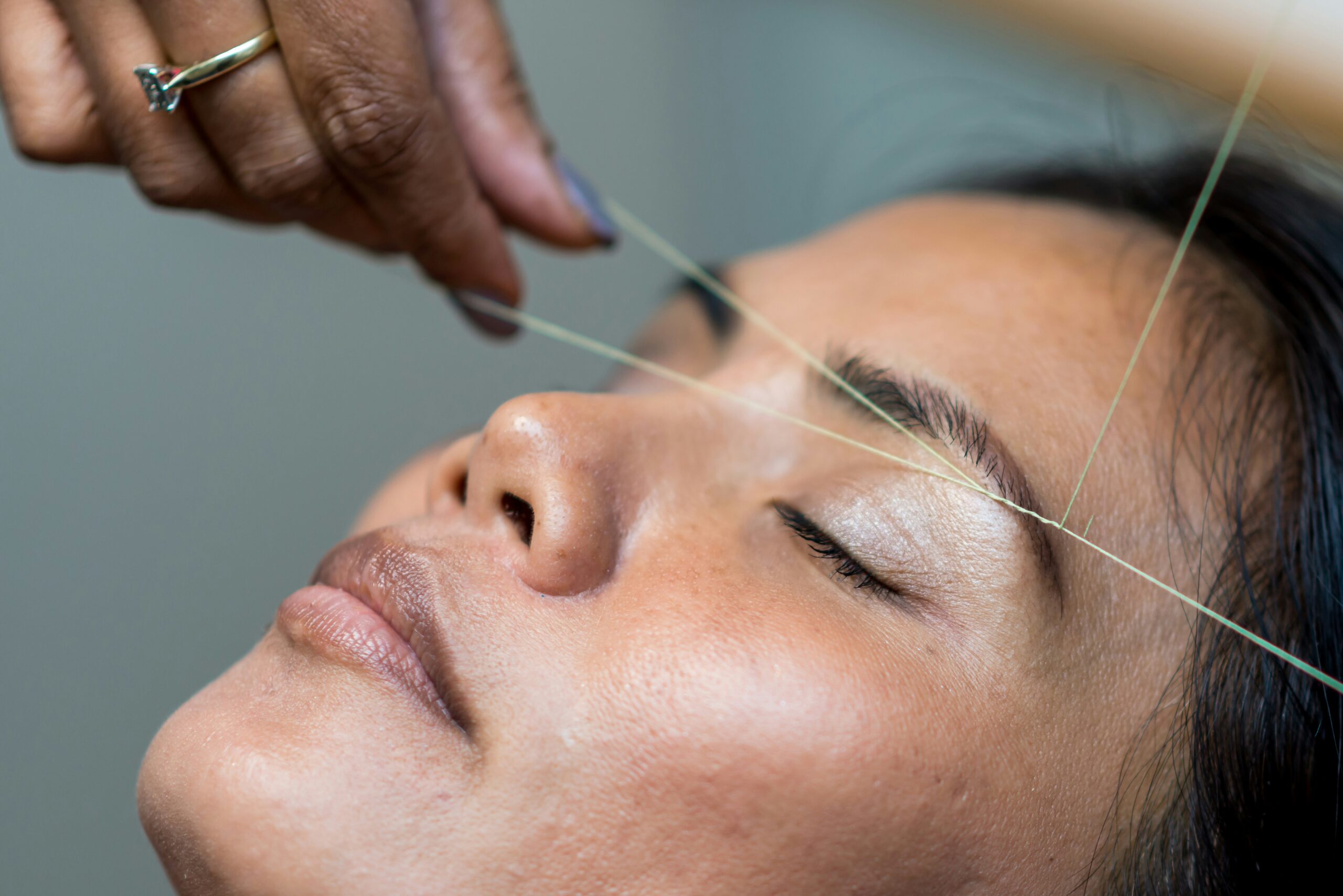The menopause is a natural phase in a woman’s life, marking the end of her reproductive years. This transition, though inevitable, can bring significant changes, challenges, and questions.
For many women, the menopause can be an unpredictable journey, affecting their physical health, mental well-being, and personal relationships.
Understanding the stages, symptoms, and management of menopause is crucial for navigating this period smoothly and improving overall quality of life. Whether you’re approaching menopause, in the midst of it, or supporting someone who is, this guide provides everything you need to know.
1. What is Menopause?
Menopause is defined as the point in a woman’s life when she hasn’t had a menstrual period for 12 consecutive months. It signals the end of her reproductive years. Menopause doesn’t happen overnight; it is a gradual process that unfolds in three main stages:
- Perimenopause – This transitional phase typically begins in a woman’s 40s but can start earlier. It can last anywhere from 4 to 10 years. During perimenopause, estrogen levels fluctuate, leading to irregular periods and the onset of symptoms like hot flashes and mood swings.
- Menopause – This stage is confirmed when a woman has gone 12 months without a period. The average age for menopause is 51, but it can occur earlier or later.
- Postmenopause – The years after menopause are referred to as postmenopause. While some symptoms may ease, postmenopausal women are at higher risk for health conditions like osteoporosis and heart disease due to lower estrogen levels.
2. The Causes of Menopause
The primary cause of menopause is the natural aging process. As women age, their ovaries produce fewer reproductive hormones, particularly estrogen and progesterone. These hormones regulate the menstrual cycle, and as their levels decline, ovulation ceases, eventually leading to the end of menstruation.
In some cases, menopause can occur earlier due to:
- Surgical menopause – When both ovaries are removed (oophorectomy), menopause is induced immediately.
- Medical treatments – Chemotherapy, radiation, or other medical conditions can lead to early menopause.
3. Common Symptoms of Menopause
Every woman experiences menopause differently, but certain symptoms are common. These symptoms vary in intensity and duration. Here are some of the most frequently reported ones:
- Hot Flashes and Night Sweats
Hot flashes are sudden feelings of intense heat, usually affecting the face, neck, and chest. They can last for a few seconds to several minutes and may occur multiple times a day. Night sweats are hot flashes that happen during sleep, often disrupting rest. - Mood Swings and Emotional Changes
Hormonal fluctuations can lead to sudden mood changes, irritability, anxiety, and even depression. Many women report feeling emotionally sensitive or experiencing episodes of sadness. - Sleep Disturbances
Insomnia and frequent waking during the night are common during menopause. Night sweats and anxiety can exacerbate sleep problems, leading to fatigue and reduced quality of life. - Weight Gain and Metabolism Changes
A slower metabolism and changes in fat distribution can lead to weight gain, particularly around the abdomen. Maintaining a healthy weight becomes more challenging during menopause. - Vaginal Dryness and Libido Changes
Declining estrogen levels can lead to vaginal dryness, itching, and discomfort during intercourse. Many women also experience a decrease in sexual desire. - Cognitive Changes
Some women report forgetfulness, trouble concentrating, or “brain fog.” These cognitive symptoms can be unsettling but are often temporary.
4. Emotional and Psychological Impact
Menopause not only affects the body but also the mind. The hormonal changes during this time can contribute to:
- Anxiety and Depression – A decline in estrogen can impact serotonin levels, affecting mood regulation. Many women may experience anxiety, low self-esteem, or depression during menopause.
- Irritability and Stress – Sleep deprivation and physical discomfort can heighten feelings of irritability and stress.
- Identity and Self-Perception – The end of the reproductive years can prompt reflection on aging, fertility, and personal identity. This period of transition can be emotionally complex.
5. Coping Strategies:
- Therapy or Counseling – Speaking with a mental health professional can provide strategies for coping with emotional changes.
- Support Networks – Joining menopause support groups can help women share their experiences and find comfort in solidarity.
- Mindfulness and Relaxation Techniques – Practices like meditation, yoga, and breathing exercises can improve mental well-being.
6. Health Risks Associated with Menopause
Menopause can increase the risk of certain health issues due to the decrease in estrogen levels:
- Osteoporosis
Estrogen plays a key role in maintaining bone density. Its decline during menopause can lead to bone thinning, increasing the risk of fractures. Women are advised to increase calcium and vitamin D intake, as well as engage in weight-bearing exercises. - Cardiovascular Health
The decline in estrogen affects heart health, increasing the risk of heart disease. Managing cholesterol levels, maintaining a healthy diet, and exercising regularly are crucial for heart health during and after menopause. - Weight and Metabolism Changes
Metabolic slowdowns can lead to weight gain, particularly around the midsection, which further increases the risk of diabetes and cardiovascular disease.
7. Treatment Options and Management Strategies
Managing menopause symptoms effectively involves a combination of medical treatments and lifestyle changes. Here are some options:
Hormone Replacement Therapy (HRT)
HRT involves taking estrogen or a combination of estrogen and progesterone to alleviate symptoms like hot flashes, vaginal dryness, and bone loss. HRT has potential risks, including an increased risk of breast cancer and blood clots, so it’s essential to consult with a healthcare provider.
Non-Hormonal Treatments
For women who can’t or don’t want to take HRT, non-hormonal options include:
- Antidepressants for mood swings and hot flashes.
- Medications to treat specific symptoms like osteoporosis.
Lifestyle Changes
- Diet – A balanced diet rich in calcium, vitamin D, fruits, vegetables, and whole grains helps maintain bone health and manage weight.
- Exercise – Regular physical activity can improve mood, help with weight management, and strengthen bones.
- Stress Management – Techniques like yoga, meditation, and deep-breathing exercises can reduce stress and improve overall well-being.
Alternative Therapies
Some women find relief with natural remedies such as:
- Herbal Supplements – Black cohosh, soy, and red clover may alleviate hot flashes (consult a doctor before using supplements).
- Acupuncture – May help reduce the frequency and intensity of hot flashes.
8. Menopause and Sexual Health
Menopause can impact sexual health due to physical changes and emotional factors. Vaginal dryness, decreased libido, and discomfort can affect intimacy. Strategies to maintain sexual health include:
- Lubricants and Moisturizers – Over-the-counter products can relieve vaginal dryness.
- Estrogen Therapy – Low-dose vaginal estrogen can alleviate discomfort.
- Open Communication – Discussing changes with a partner can reduce anxiety and improve intimacy.
Conclusion
The menopause is a life transition that affects each woman differently. While it brings challenges, understanding its physical, emotional, and health impacts can help women navigate it with confidence.
By exploring treatment options, embracing healthy lifestyle choices, and seeking support when needed, women can thrive during this stage and beyond.




